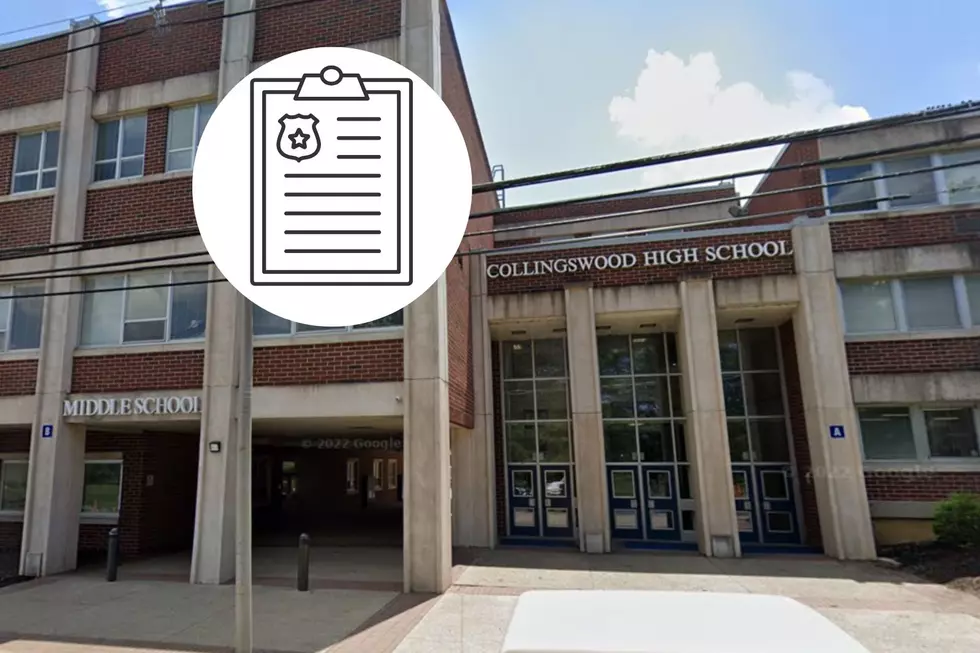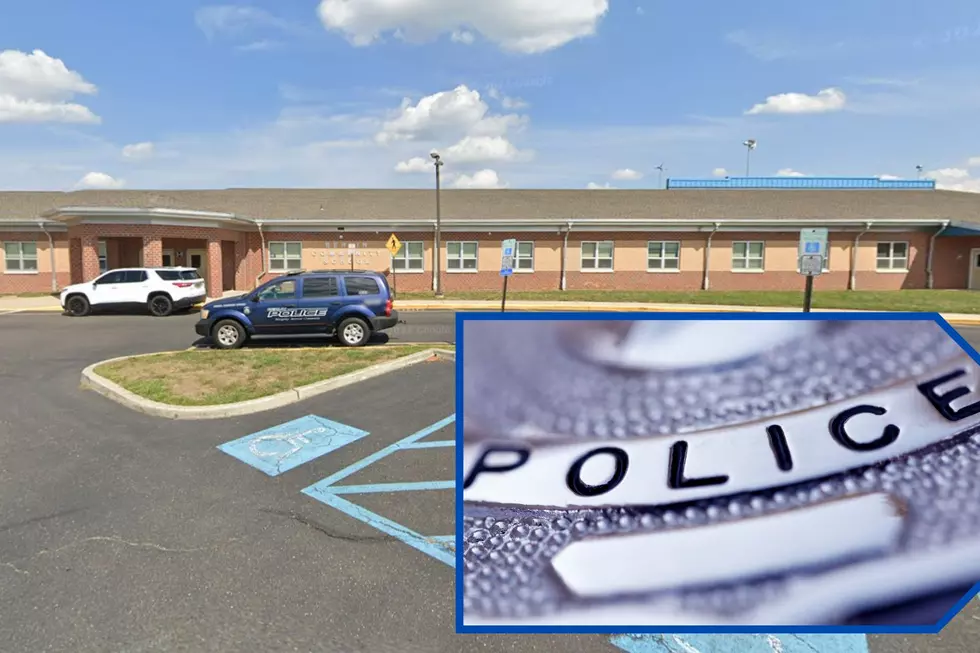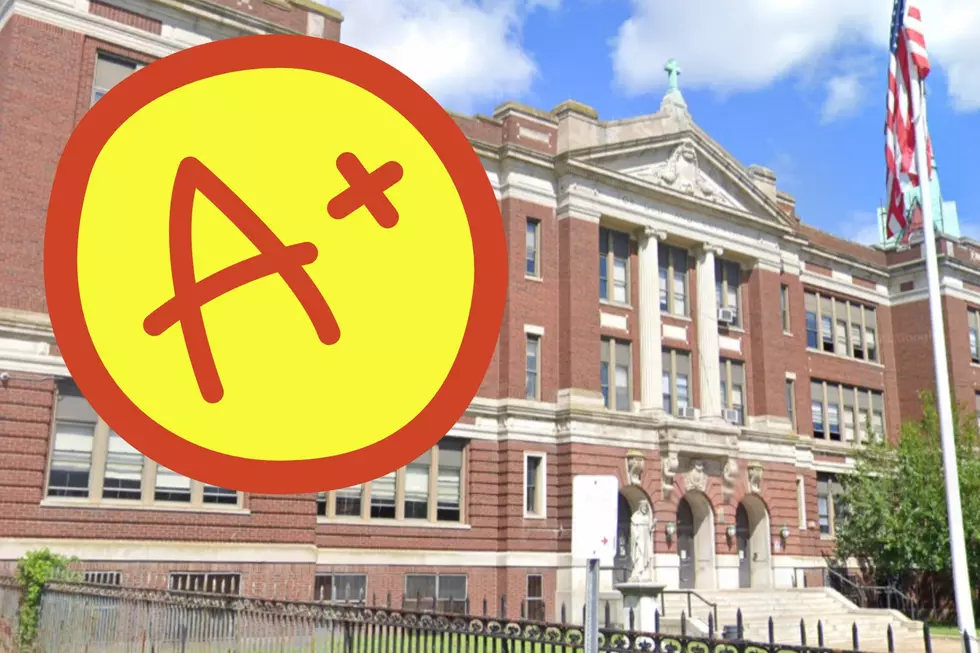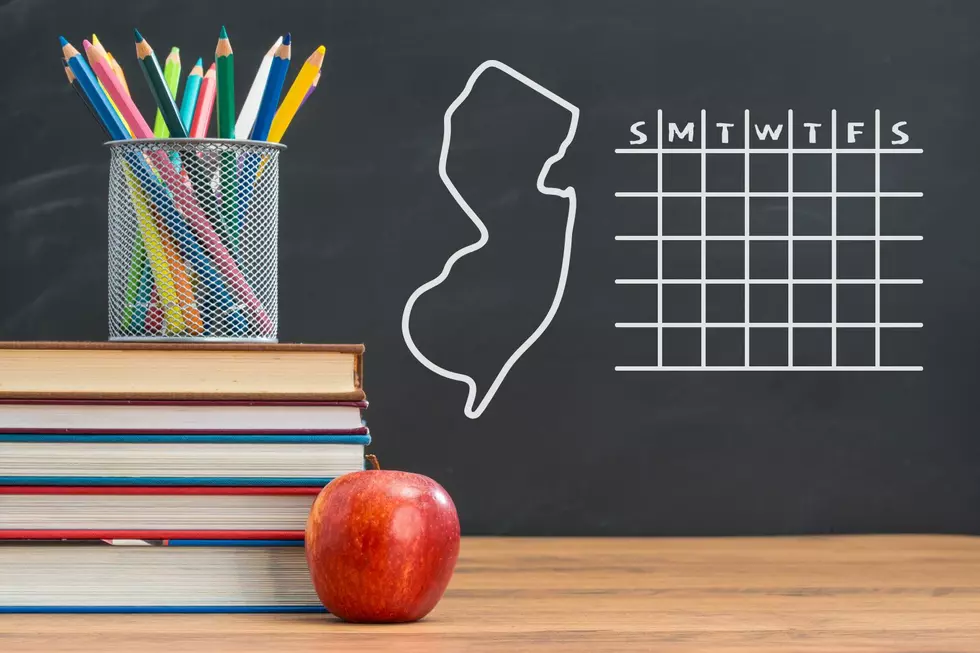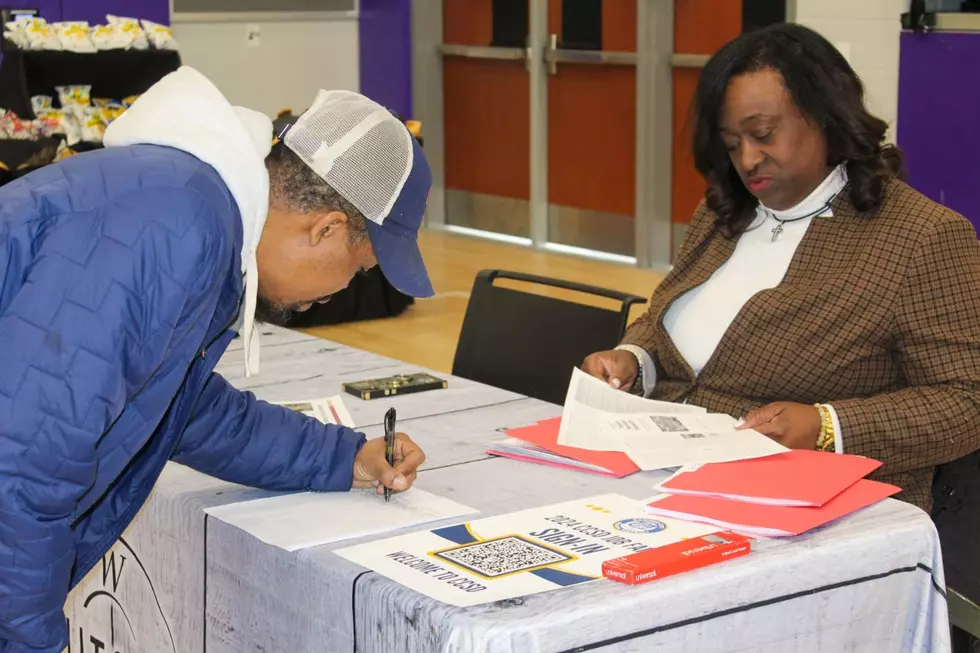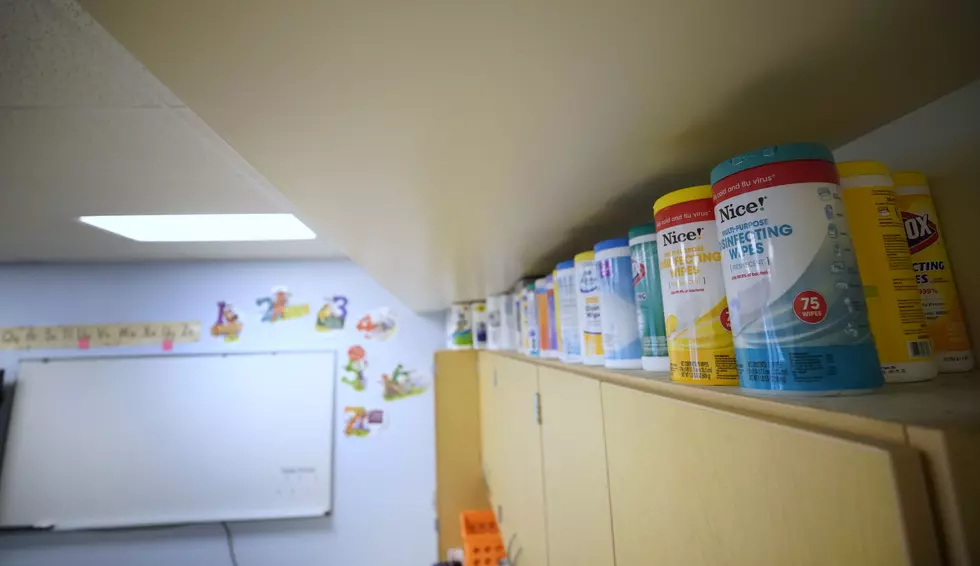
NJ teachers union and lawmaker say schools not ready to reopen
Some state lawmakers are joining the chorus led by the New Jersey Education Association calling for schools to remain closed in favor of virtual learning to begin the 2020-21 academic year.
The school year starts in just five weeks in a handful of Garden State districts, and legislators, school leaders and education advocacy groups say there are still many answers not being provided by the Murphy administration, which opted not to take part in an Assembly hearing on the topic Wednesday.
“There are many issues, and my personal opinion is that we should be possibly delaying school opening,” said Assemblywoman Pam Lampitt, D-Camden, chairwoman of the Assembly Education Committee. “I’m very concerned about the flu season hitting in general and how that normally affects our schools. I’m very concerned about the quality of our schools and the HVAC.”
Assemblywoman Mila Jasey, D-Essex, said it would make more sense to use the time between now and Labor Day to collect and share information about how to get the most out of virtual learning, rather than scramble to install Plexiglas in classrooms and buses.
“We need to talk to the administration and get some clarity on whether or not we can agree that we’re not ready to reopen safely,” Jasey said.
“If just a single teacher or student gets sick or tests positive, the whole class will have to be quarantined. And then we’re right back to where we started,” said Assemblywoman Joann Downey, D-Monmouth. “Most likely we will have to close down and be remote, and yet we’re not prepared.”
Christine Miles, the NJEA’s associate director of professional development and instructional issues, said science dictates the steps that would need to take place to reopen “but the costs to bring our school buildings to an adequate level of safety for students and staff are astronomical.”
“It’s inevitable that adults and children entering school buildings will be asymptomatic. It’s inevitable that they will become infected, and if we don’t do this safely, it’s inevitable that people will die,” Miles said. “We cannot knowingly place this burden on anyone and allow them to carry that weight throughout the remainder of their lives.”
“As a state and a nation, step one is to neutralize the threat. We must test, isolate and contact trace,” she said. “And there can be no step two, much less steps five, six or seven, until we get step one right. So if brick-and-mortar school reopening cannot be done responsibly, it must be done remotely.”
Schools were closed in March in response to the coronavirus pandemic and remained closed for the final third of the 2019-20 school year. In late June, the state Department of Education said schools must have in-person learning to start the new school year but that most will have to offer a hybrid system in which some students are in school on a given day but others are learning virtually from home.
On Monday, Gov. Phil Murphy said parents and guardians will have the option to opt their child out of in-school attendance in favor of full virtual learning. Districts, which have until four weeks before school starts to get their plans in place, are now scrambling to survey parents about their intentions.
“We have about 300 responses of our almost 2,000 families, and right now about 35% to 40% are saying they don’t intend to have their student attend school come the fall, mostly I think out of anxiety,” said Jared Taillefer, executive director of the Great Oaks Legacy Charter School in Newark.
Millville Superintendent of Schools Tony Trongone said early response to a survey that began Tuesday shows similar results.
“About 35% of our kids, our parents are opting for the remote learning. And if you’re in remote learning, it will be for that semester. You just can’t go back and forth. There’s a lot of planning,” Trongone said. “I think it’ll be a little larger. It’s going to be about 40%. So that’s my one concern, what we’re going to do as far as planning.”

Trongone said that if 35% of students are enrolled in remote learning, and the other 65% of students are in school two days a week and home the other three, 75% of student time will be virtual learning.
“And right now, it’s like the wild, wild west in regard to what’s going on in the virtual learning paradigm,” Trongone said. “We need to have the protocols – not now. I know what’s important is health and safety. But we have to have an arc that talks about improvement of teaching and learning in regard to not standardizing but what is successful teaching and learning in a virtual platform?”
Michael Symons is State House bureau chief for New Jersey 101.5. Contact him at michael.symons@townsquaremedia.com.
More from New Jersey 101.5:
10 reasons students wearing masks to school won’t work
More From New Jersey 101.5 FM

